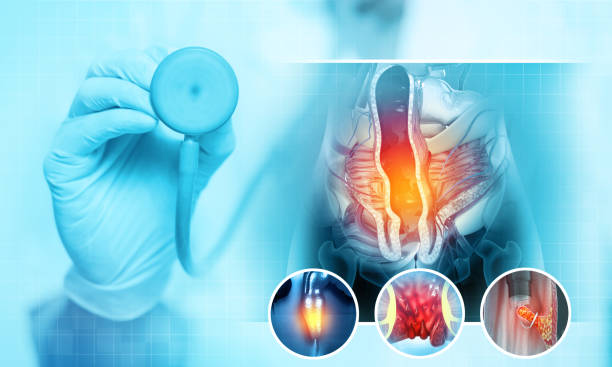Hemorrhoids are enlarged veins in the rectum and anus that can bleed, itch, and cause other symptoms. Hemorrhoids are rarely dangerous, but it’s time to see a doctor if they aren’t going away with over-the-counter remedies.
Hemorrhoid treatments can range from simple home remedies to office-based procedures. Your doctor will recommend one that’s right for you.
Surgical Treatment
Hemorrhoids are swollen veins that develop around the anus and are either internal (inside the anus) or external (under the skin around the anus). Hemorrhoids are not severe but can cause uncomfortable symptoms like pain and bleeding. Gastroenterology Of The Rockies can do various non-surgical options, including simple procedures.
Office-based treatments for internal hemorrhoids include injection and coagulation, which shrink the tissue and stop bleeding. Other minimally invasive techniques, such as rubber band ligation and banding, can reduce the size of hemorrhoids by cutting off their blood supply.
Over-the-Counter Remedies
Over-the-counter (OTC) products can help relieve mild pain, swelling, and hemorrhoid itching. Many include creams, ointments, and suppositories that contain medicines like lidocaine to numb the area or hydrocortisone to reduce itching and swelling.
Medicated wipes are also available and can clean the anal area after every bowel movement. They may also contain witch hazel or aloe ingredients to soothe irritation.
If symptoms are not improving after a week or haven’t gone away completely, you may need to see a medical professional. Hemorrhoids may indicate a more severe health issue, so it’s important to talk to your doctor and determine what’s causing them.
If you cannot find relief from hemorrhoids, your doctor may recommend a procedure. Injectable hemorrhoid treatments can shrink or remove internal hemorrhoids. These shots can be administered at your doctor’s office and are less invasive than surgical hemorrhoidectomy. They can be performed on both men and women.
Talk to Your Healthcare Provider
Hemorrhoids are one of the most common conditions affecting people of all ages. They cause pain, itching, and bleeding in the anal or rectal area.
But they are rarely life-threatening and usually clear up within a week or so. However, if you experience bleeding or pain lasting longer than a week or have any other signs of illness, you should see your doctor immediately.
If hemorrhoids do not clear up, your provider can recommend a treatment plan. These can range from over-the-counter remedies to surgery, depending on the severity of your symptoms and your individual needs.
Hemorrhoids are also treatable with simple dietary and lifestyle changes that promote soft stools, avoid straining during bowel movements, and help prevent constipation. These include eating foods high in fiber, drinking plenty of water, and taking stool softeners.
Prevention
Keeping a regular schedule for bowel movements can help prevent hemorrhoids from developing. You can exercise regularly, avoid sitting for long periods and consume enough fiber.
Consuming a healthy diet that includes plenty of water, fruits, vegetables, beans, and whole grains can also make it easier to be more regular. Drinking at least 8 cups of water daily can also keep you hydrated, which can help soften stools.
Avoiding straining during bowel movements is another important way to prevent hemorrhoids. If you develop a hemorrhoid, treatment options include over-the-counter medications and home remedies. These options can usually relieve symptoms in 2 to 7 days.






